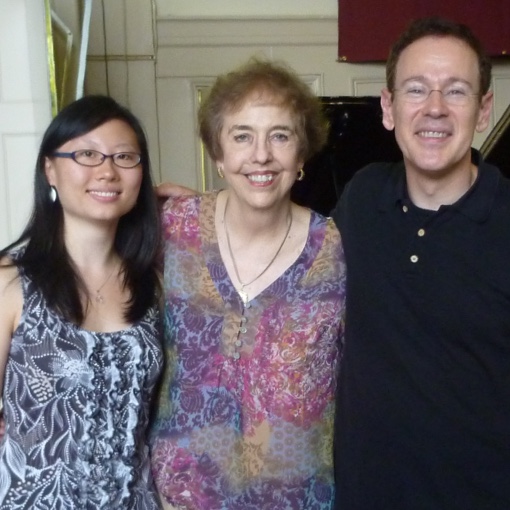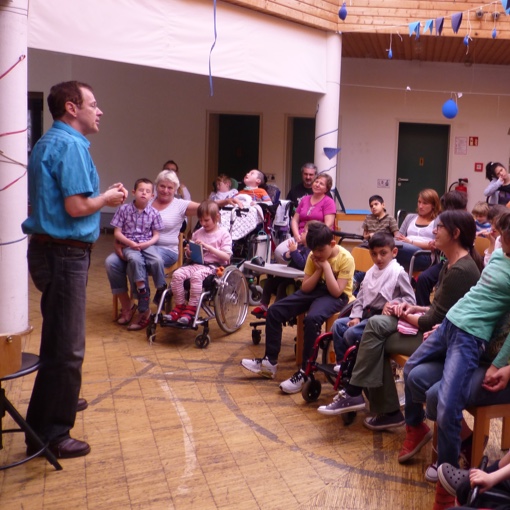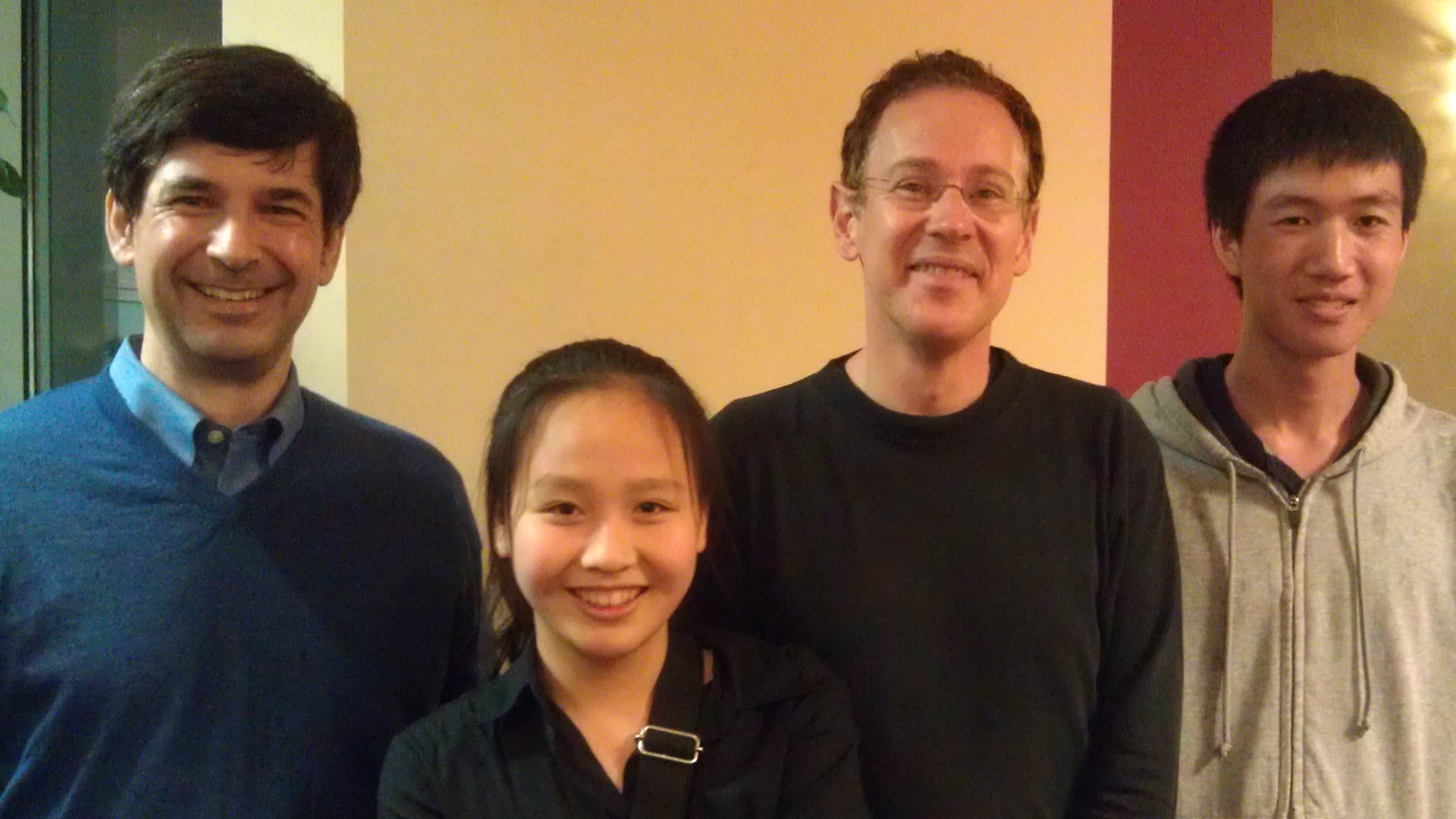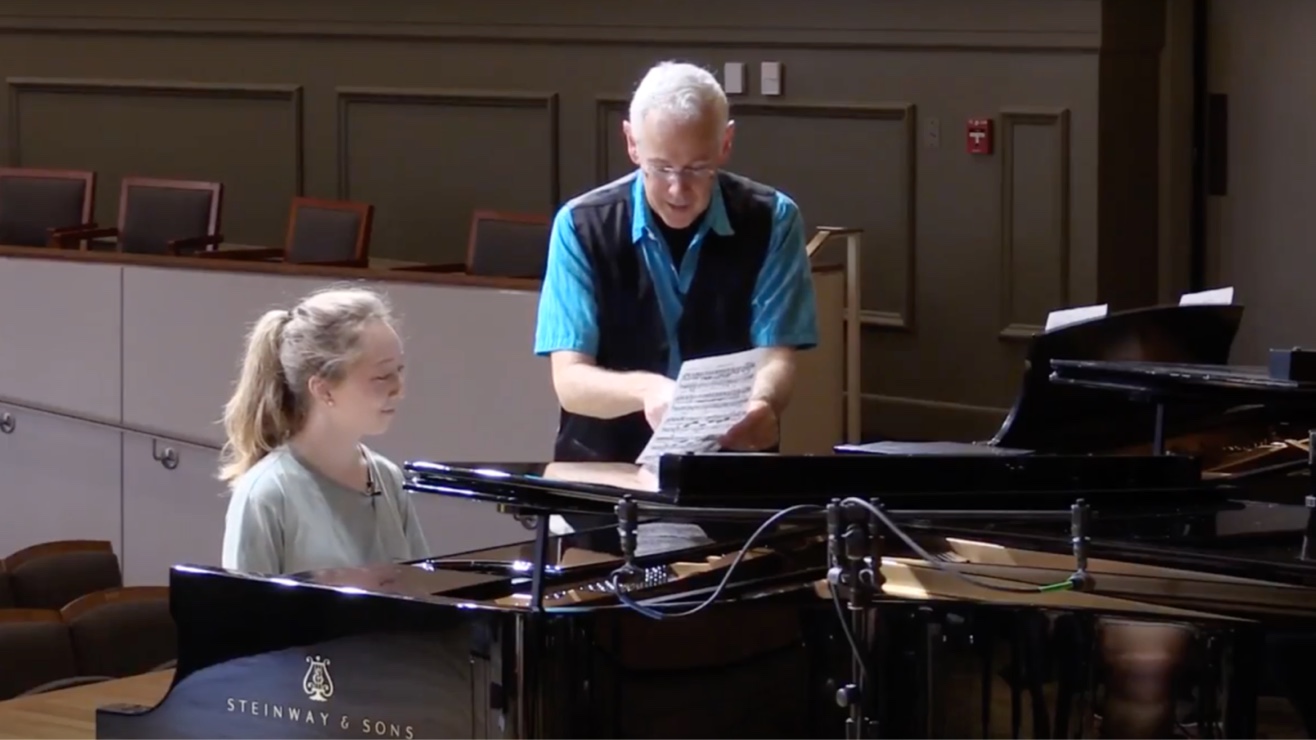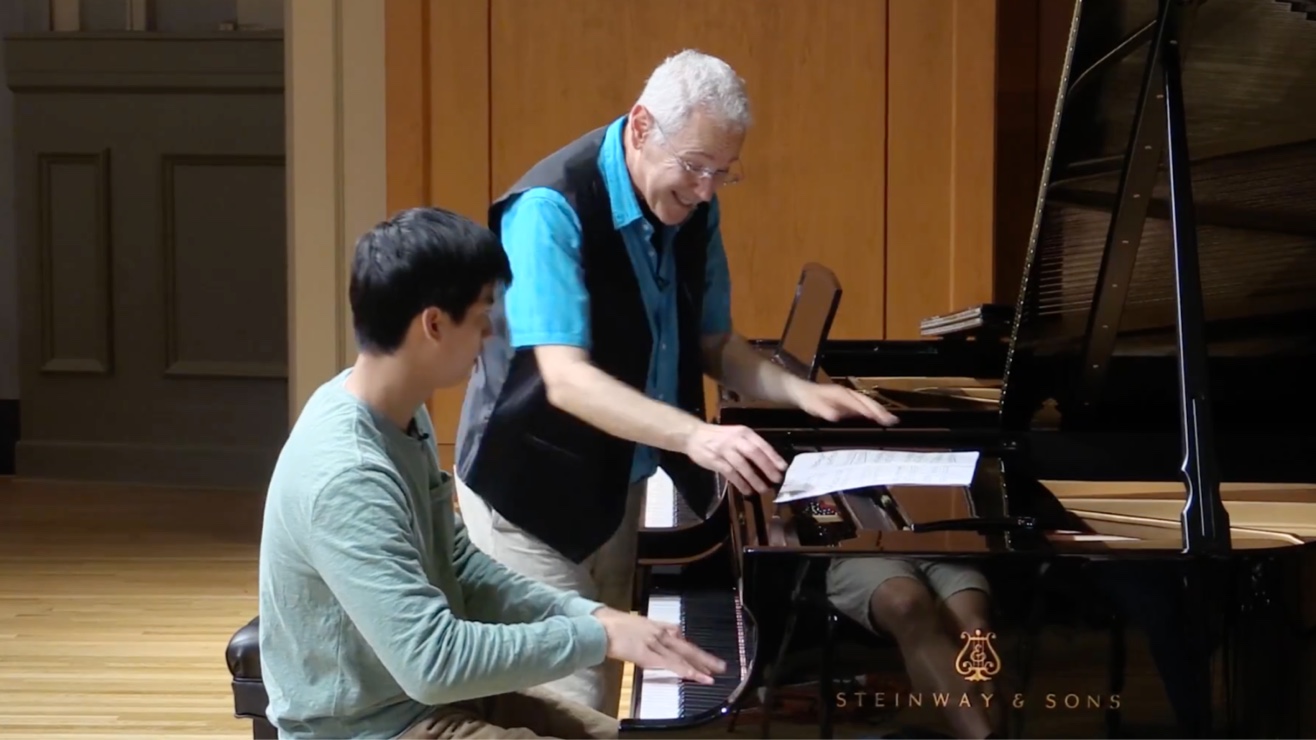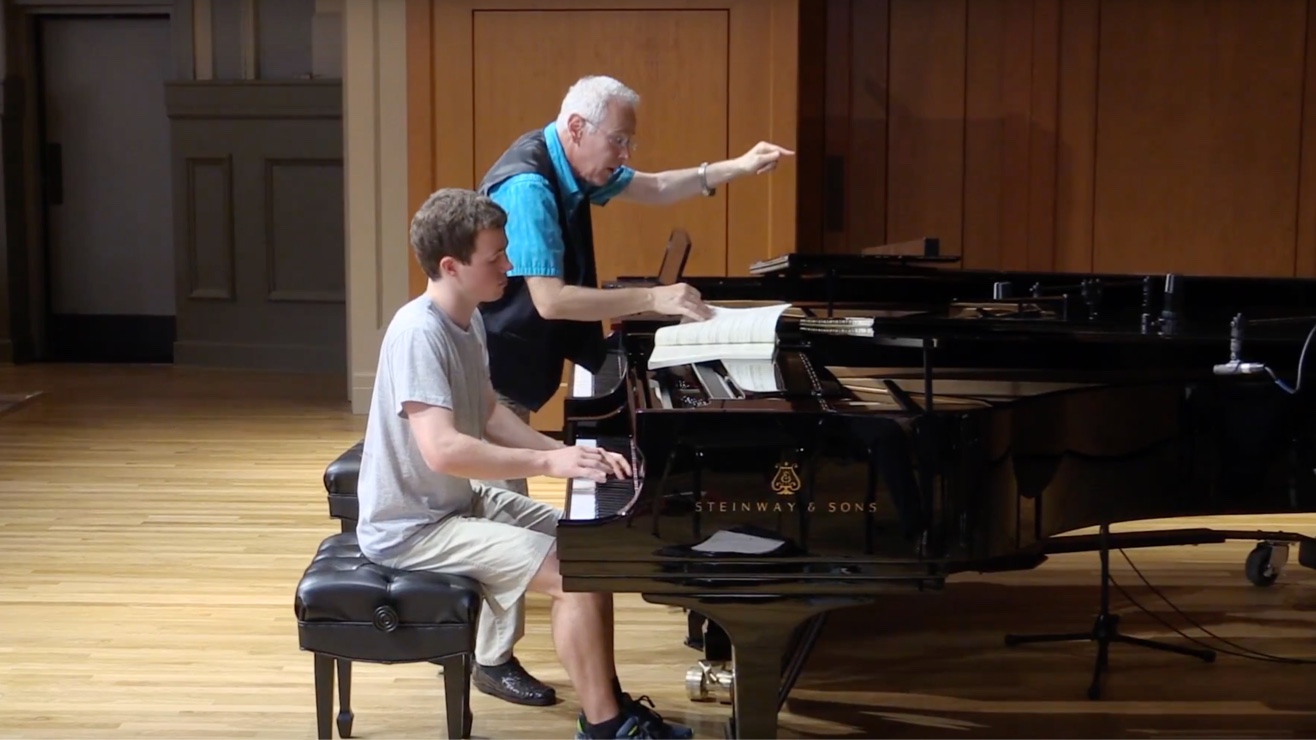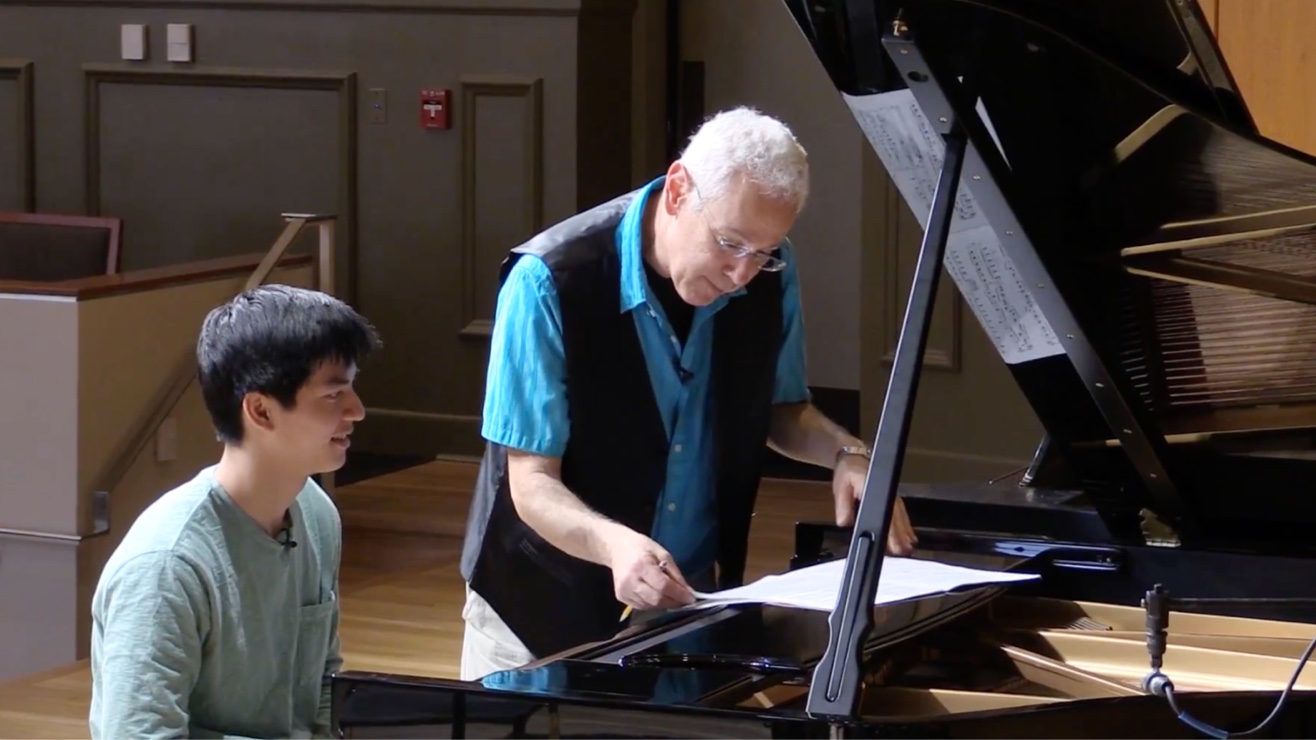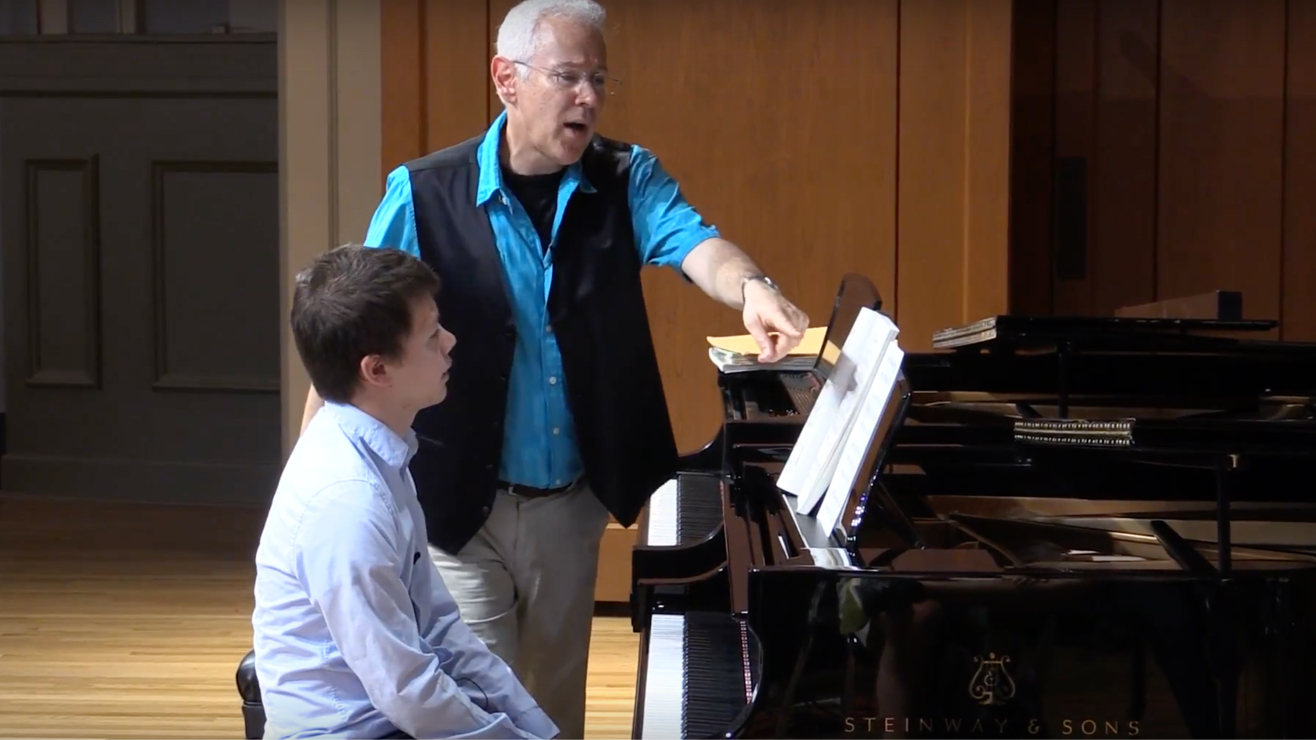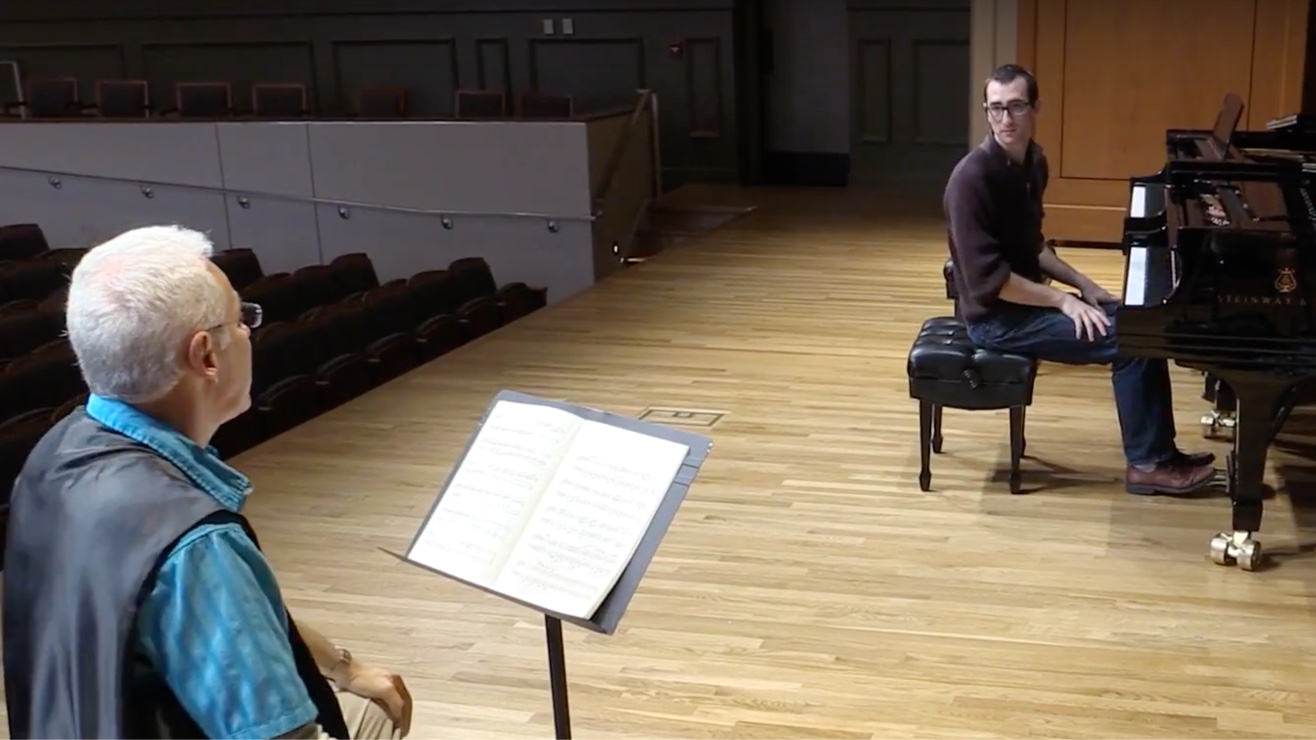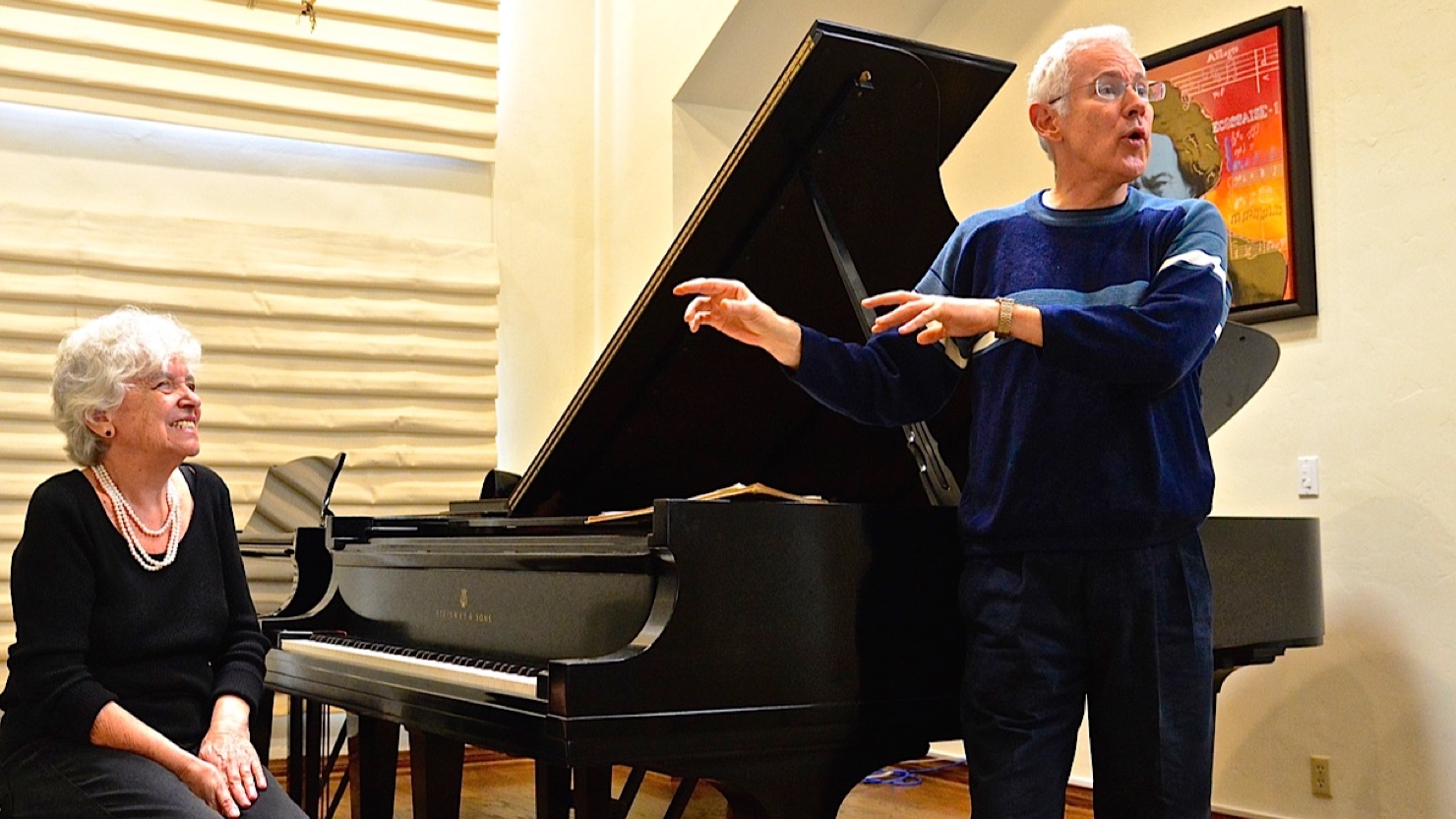Personal Statement
Qing Li was one of the first piano students I taught while an assistant lecturer during graduate school. He was a graduate physics student, and had zero physical and musical aptitude for piano playing. I was thankful to get him through one semester of lessons, where he tried very hard to do what I asked, but still ended up sounding like he was chopping wood rather than making music.
He then signed up for a second semester. I was dismayed at the prospect of having to put my ears through more wood chopping.
Yet something remarkable happened at the beginning of that second semester. At the second lesson, Qing Li had a breakthrough! He began playing expressively, in a manner where his physical movements supported and facilitated the musical intent of the piece – and continued to do so during the rest of his studies.
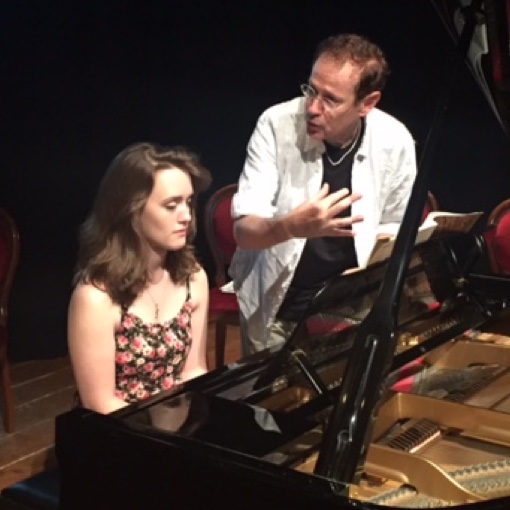
This happened over 25 years ago and was my first real insight into the great rewards of teaching, regardless of the level of the student. Qing Li was an intermediate pianist, but that didn’t lessen his accomplishment, or the sense of pride I had in it.
I’ve since taught many advanced and highly talented students, some of whom were very successful in competitions and had “the right stuff” to be a professional musician. But I’ve never forgotten Qing Li, and the impact his success had on me.
It is wonderful to be feted as a performer following a concert. Nonetheless, the gratification one gets from helping people become better musicians – where they can express themselves at the instrument in a more technically capable and musically artistic manner – is definitely more meaningful and long-lasting.
I certainly didn’t think I’d ever be a piano teacher. When asked during my undergrad years by a classmate, “So, what are you going to do after finishing school – teach?”, I replied with great assurance, “Me? No, I’ll NEVER teach!”
